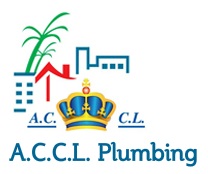The plumbing industry is embracing sustainability, and one way to achieve this is by using recycled and biodegradable materials for plumbing fixtures and fittings. These innovative materials reduce waste, conserve natural resources, and minimize environmental impact.
Benefits of Recycled and Biodegradable Materials
– Reduced Waste: Using recycled materials decreases the amount of waste sent to landfills and conserves natural resources.
– Lower Carbon Footprint: Biodegradable materials minimize environmental impact by reducing greenhouse gas emissions and pollution.
– Sustainable Practices: Incorporating eco-friendly materials promotes sustainable practices and supports a healthier environment.
– Cost-Effective: Recycled and biodegradable materials can be cost-effective alternatives to traditional materials.
Examples of Recycled and Biodegradable Materials
– Recycled Plastic Pipes: Made from post-consumer plastic waste, these pipes are durable and resistant to corrosion.
– Biodegradable Pipe Materials: Some companies are developing pipes made from biodegradable materials like cornstarch-based polymers.
– Recycled Metal Fittings: Fittings made from recycled metals conserve natural resources and reduce waste.
Innovations in Eco-Friendly Plumbing Materials
– Bioplastics: Biodegradable plastics made from renewable biomass sources offer a sustainable alternative to traditional plastics.
– Recycled Glass Fixtures: Some companies create plumbing fixtures from recycled glass, reducing waste and promoting sustainability.
Conclusion
Recycled and biodegradable materials are revolutionizing the plumbing industry by providing eco-friendly alternatives to traditional materials. By incorporating these materials, we can reduce waste, minimize environmental impact, and promote sustainable practices.

